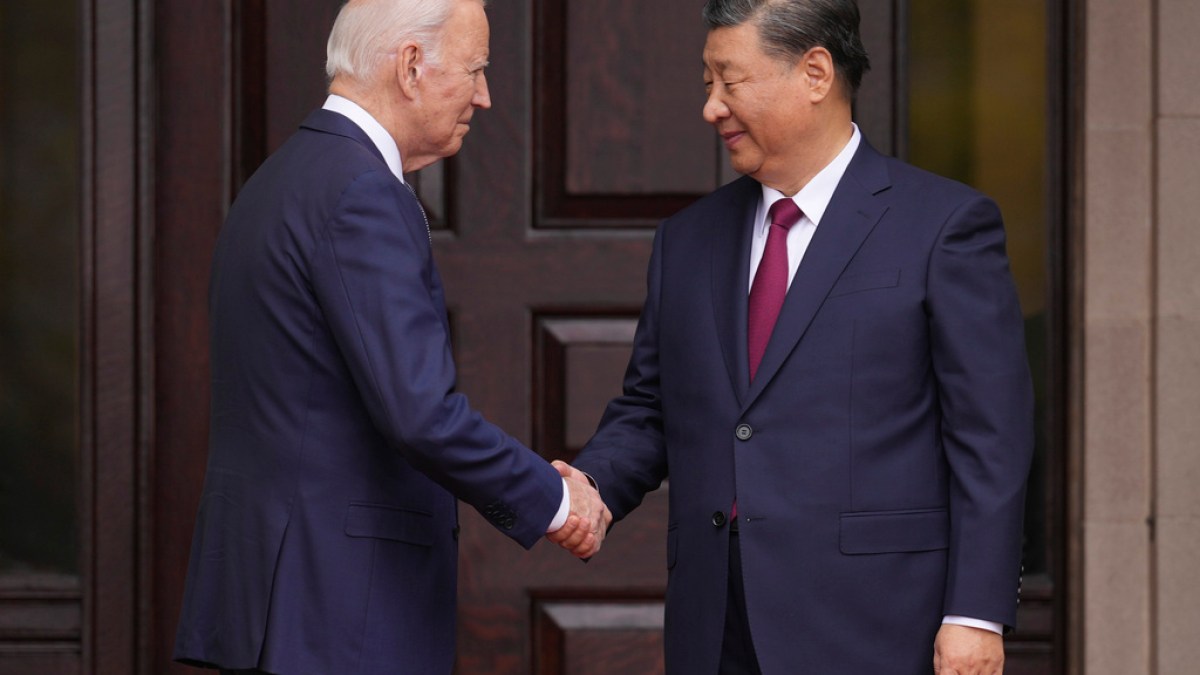Why Time Matters When Proscribing Terrorist Groups

Why Time Matters When Proscribing Terrorist Groups
Until recently, the proscription of terrorist groups by state governments has been sparsely discussed as an important tool for fighting terrorism in International Security and related fields. Much of the focus on counterterrorism is usually directed towards traditional approaches such as policing, military force, and anti-terrorism legislation. Proscription, or powers of proscription, refer to a series of legal instruments which permit states or other authoritative bodies to ban the presence of, or support for, an identified terrorist organisation. This act of banning seeks to disassociate them from the rest of society. Moreover, debates around proscription frequently focus on the actors of proscription and their targets, or on proscription power and its various implications for democratic societies. Such perspectives, however, reinforces well-known binaries that are often encountered in the broader debate about terrorism (self/other, state/non-state, proscriber/proscribed), and does not fully illustrate the complexities and implications of proscription especially in respect to enabling a pre-crime security milieu.
In 2013, the Nigerian government elaborated an executive proscription order which outlawed Boko Haram as part of its wider counter-terrorism efforts, making Boko Haram an illegal entity and delegitimising its activities. Boko Haram has indeed carried out several deadly attacks primarily in the north-east of Nigeria since 2009. The group is responsible for thousands of deaths in Nigeria and other surrounding countries in the Lake Chad. However, the executive proscription order came after a series of important events, interventions, and inactions, including the arrest and detention of terrorist suspects – according to the anti-terrorism law in Nigeria – from 2009. This temporal aspect of proscription, as I show below, contribute immensely to the definition and contestation of proscription in criminal prosecution, and highlight crucial limitations within Nigeria’s broader counter-terrorism strategy.
My research on terrorism trials in Nigeria examined the legal discourse on proscription in relation to criminality. Indeed, terrorism trials offers an important way for exploring the relationship between law and security, as well as the production – and contestation – of proscription powers in legal contexts, processes, and through various legal technicalities such as evidence, legal arguments, and so on.
In 2017 Nigeria began a trial of 1,699 Boko Haram suspects prosecuted for various crimes, from providing material support to the terrorist group to providing professional services to members of Boko Haram, such as mechanic repairs for example. These trials, also known as the Kainji trials, were directed by the Complex Case Working Group located within the Department of Public Prosecution in the Ministry of Justice and was set up in concert with the British High Commission.
My examination of court documents from these trials highlights the importance of time in – legal discourse about – proscription in two significant ways as summarised below: the centrality of time; multiple and complex temporality.
The focal point during the criminal prosecution of terrorist suspects in the Kainji trials was regarding the link between proscription and time, whether in building the prosecution’ argument or substantiating the ‘ingredients of the alleged crime’. In the case between the Federal Republic of Nigeria vs Yusuf, the accused was arrested in 2012 for ‘professing to be a member of Boko Haram’. However, he was made to sign multiple statements at different stages of his ordeal, including during the pre-trial detention and after the official proscription of Boko Haram in 2013. During the adjudication process, though, the Senior State Counsel argued that since the accused testified to be a member of Boko Haram ‘at all times, and at no time denouncing his membership,’ the charges brought against him were consistent, and justified.
It is worth noting that section 16 (sub-section 4) of Nigeria’s anti-terrorism law 2011 states that it is a defence for an accused person if the terrorist group has not been proscribed at the time the accused joined or profess to be a member. That said, references to time by the prosecution in the above case shifts focus away from the executive proscription order or the actual banning of Boko Haram in determining criminal intent.
The centrality of time – and timing – in these trials inevitably lead to multiple temporal claims, as well as the contestation of proscription (powers) as highlighted in FRN vs Mustapha Alassan. Accused persons, defence lawyers, judges, and prosecutors use time for different purposes including to construct legal subjects in relation to criminality or culpability, and to destabilise the prosecutorial (temporal) assertions by highlighting the different timings, events and inactions (i.e., the time of arrest, pre-trial detention, and the absence of an official proscription order prior to arrest).
The foregoing highlights salient flaws in Nigeria’s counterterrorism approach, especially regarding the timings of different actions or inactions by the government which creates space for scrutiny, and criticism, within the legal sphere and beyond. More broadly, defining proscription in relation to time – instead of the actor or target of proscription – makes it highly speak-able and enables the production of different temporal justifications, including those underpinned by a pre-crime logic. Moreover, proscription has been described as a ‘heavy power’ in that it often entertains little or no scrutiny notwithstanding its enormous implications for social and political life. Yet the legal arguments and courtroom exchanges in the prosecution of terrorist suspects as described above illustrates the contestation of proscription powers.
Further Reading on E-International Relations




